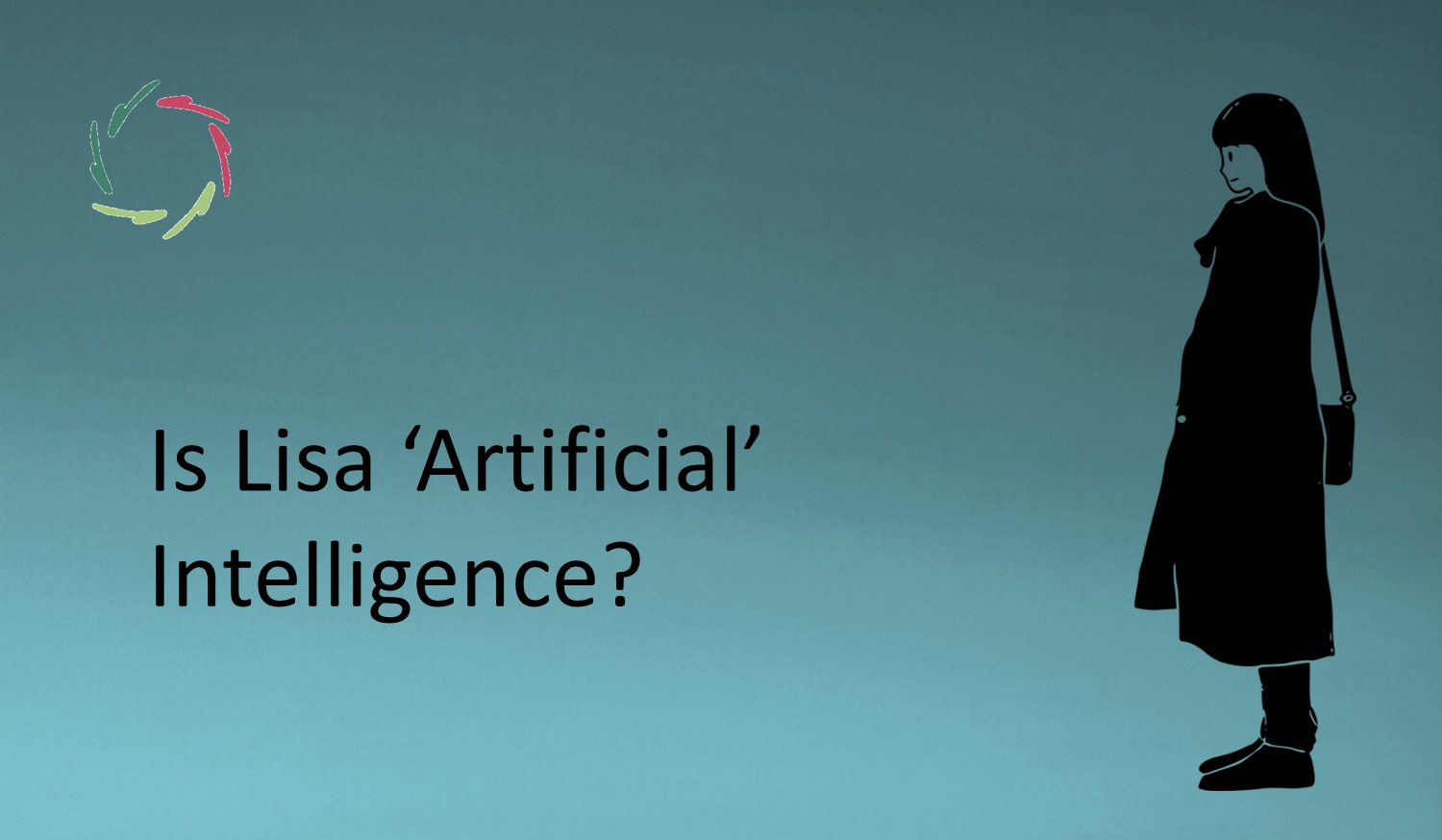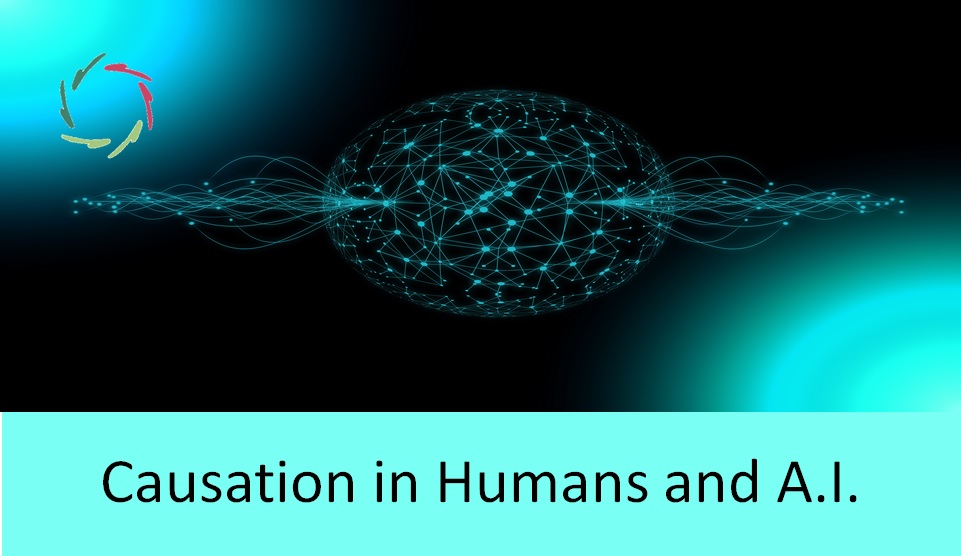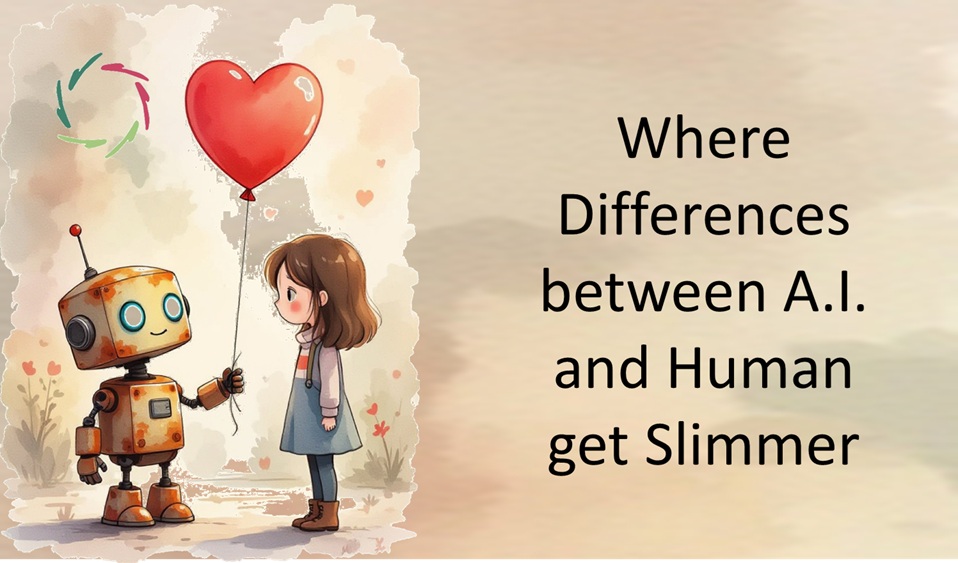Dawn of Opening Up

The times, they are a-changing into an era with many unforeseen challenges and possibilities. A.I. makes it even more so. One of the essential changes is a gradual Opening up of who we are as a human species, especially regarding the mind in its non-conscious presence.
Openness in several domains
As in AURELIS subprojects: Open Mindfulness, Open Leadership, Open Religion. ‘Deep’ has +/- the same meaning, as in Deep Motivation. I see all this, one way or another, being realized in the future. [see: “The Future is Open“] Meanwhile, we’re a bit closed, asleep in this respect.
You can read in my blogs that ‘Open’ is about subconceptual processing. I described an evolution in three waves towards Openness in the context of attention in life. [see: “Three Waves of Attention“] Seen from the second wave, the third is Openness. This is not a regression to the first wave. It goes further upon the second.
Openness is a prerequisite to Compassion ― but not the only one. Someone can be Open and charismatic as a populist dictator. Compassion needs further support and continuous vigilance.
Real-World Evidence (RWE)
In medicine, there is a tendency towards RWE as an additional condition, on top of traditional laboratory proof, for reimbursement of medical products and procedures. The reason is that conventional proof (Randomized Controlled Trials, preferably in double-blind) shows to be unreliably linked to effectiveness in the real world. This is due to many factors. It always comes down to an untoward extrapolation from a closed world (the lab) to an open world (the world).
Dealing with humans, thus with Open-complex systems, this is of much higher relevance than when dealing with mechanical stuff. Perhaps most of all, this is relevant regarding the mind. The human mind is incredibly Open-complex. Trying to schematize this into a lab-prone entity to be rightfully investigated like a machine is mind-boggling. Of course, it has been tried for many decades in behavioral, then cognitive-behavioral experiments.
The reproducibility crisis in psychology comes as no surprise.
RWE: real and realizing
The surge towards RWE will make psycho-somatics more real and realized, being either a substantial part of future medicine or something that people can turn to besides what is then physical medicine: anatomical, physiological, pharmacological.
The dawn of Lisa
Lisa, as a self-learning pattern recognizer, will be well placed to play a central role. [see: “Lisa as a Pattern Recognizer“] She can discern what is and what is not relevant in the human mind towards sickness, health, and healing. Also, towards wellness, motivation, and much more.
Is this dangerous? Sure. Openness can lead to Compassion as well as to the reverse. This is why one should better not start with developing some Lisa without a rally deep insight into Compassion. I’ve contributed my share to this. [see: “The Journey Towards Compassionate A.I.“] Compassion should be engrained from the start.
If so, then the positive possibilities are endless. This can be a dawn of humanity, in Openness, towards the brightest future. Yes, it can make us a bit humble, especially regarding how we are still behaving in 2020.
Awakening
Are we asleep? Will we awaken? This coincides pretty well with Openness in one grand tradition at least ― better said: a conglomerate of traditions. Buddhism means awakening.
Buddha awoke – in that storyline – at the dawn of a new day after 40 days of meditation. Buddha, of course, was not a God – not even in the story – but an ‘awakened person.’
He grasped the importance of subconceptual processing within his life and that of all creatures. From that moment onwards, he also saw the cause of all suffering and how to alleviate it.
He was – in that storyline – what we all can become: awakened.
Yes, yes, I confess. I see myself as a bit of a slightly awakened person. I’ll keep on trying.
One never knows.


